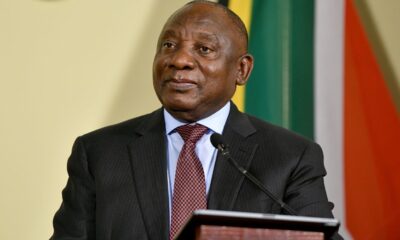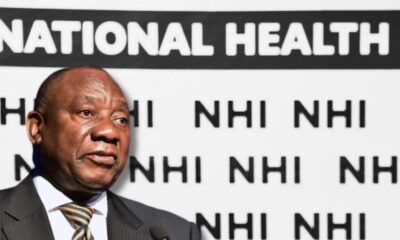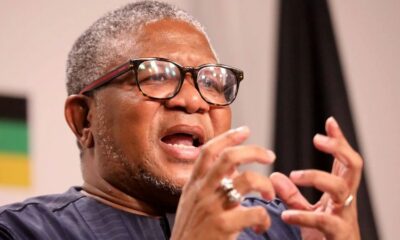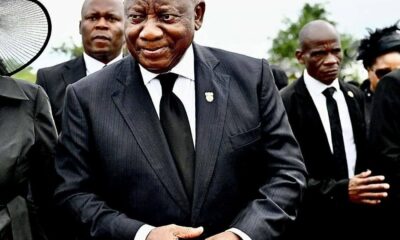News
South Africa Pushes Back Against US Human Rights Report Amid Diplomatic Tensions
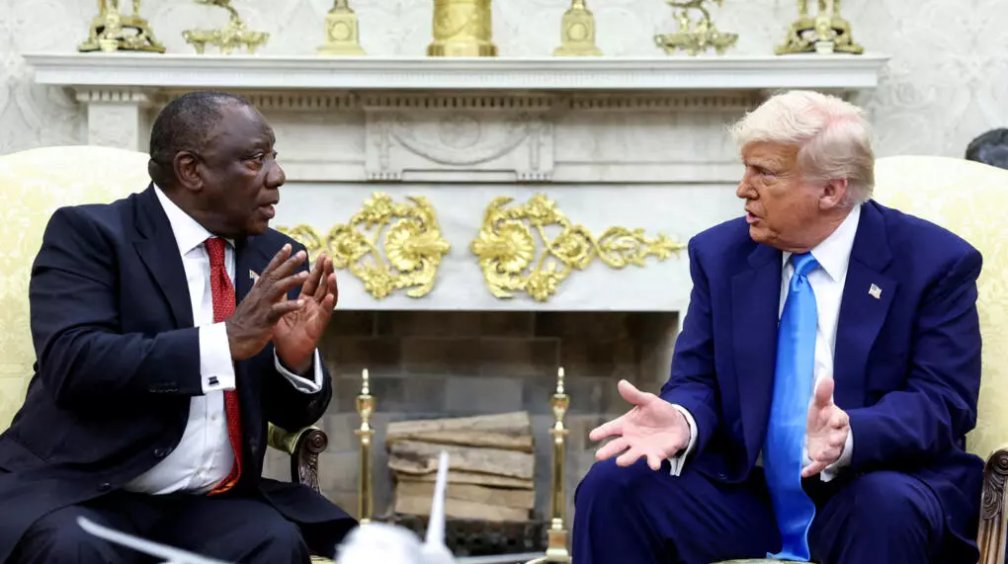
When Washington released its latest human rights assessment, it landed in Pretoria like a diplomatic thunderclap. The annual US State Department report accused South Africa of violating the rights of racial minorities, with specific reference to Afrikaners and flagged concerns about arbitrary killings, police brutality, and government inaction against officials implicated in abuses.
The South African government’s response was swift and unambiguous: we reject it.
Pretoria says the report is “deeply flawed”
The Department of International Relations and Cooperation (DIRCO) dismissed the findings as inaccurate, politically biased, and out of touch with the country’s constitutional reality.
“It’s a fundamental distortion of facts,” the department said, pointing out that some cases cited in the report, like the deaths of farm workers are already before an independent judiciary. Police use-of-force incidents, DIRCO added, are subject to rigorous oversight by institutions mandated to protect democracy.
In a pointed jab at Washington, DIRCO noted the irony of criticism from a country that withdrew from the UN Human Rights Council, sidestepping the same multilateral accountability it now demands from others.
A diplomatic headache for Ramaphosa
Political analysts say the report could not have come at a worse time for President Cyril Ramaphosa, who is already walking a tightrope in trying to repair strained ties with the US.
Prof Theo Neethling of the University of the Free State called the document “a damning indictment” built more on political perception than verified fact. But, he warned, its release deepens an already fragile relationship.
“There’s no easy way out of this diplomatic quagmire,” Neethling said, adding that the controversy could cast a shadow over South Africa’s hosting of the upcoming G20 Summit and unsettle investor confidence.
Accusations of undermining sovereignty
For some, the report crosses more than a diplomatic red line, it’s a challenge to South Africa’s independence.
“No country has the right to interfere in the domestic affairs of another,” argued Prof Ntsikelelo Breakfast, stressing that South Africa has international platforms to address human rights concerns without foreign governments “questioning our policies.”
While acknowledging the benefits of the US-South Africa relationship, Breakfast said Ramaphosa must balance protecting national sovereignty with restoring harmonious ties.
Calls for introspection at home
The FW de Klerk Foundation took a more nuanced view. Executive director Christo van der Rheede said while the report is partially flawed, especially in singling out Afrikaners as a targeted minority, it should still serve as a wake-up call for government to tackle the country’s law-and-order crisis.
“There’s no genocide, and no land is being expropriated without compensation,” he said. “But our constitution’s guarantees of dignity, equality, and human rights are under strain. The government must act decisively.”
Van der Rheede noted that South Africa’s socioeconomic problems, from unemployment to poor service delivery affect all citizens, regardless of race.
The missing context
Political commentator Goodenough Mashego added that other Western nations conduct their own rights reviews of South Africa, and none have concluded there’s a policy of disenfranchising or targeting Afrikaners.
The US report, however, will now enter the political bloodstream, shaping perceptions both at home and abroad. In a year when South Africa’s global standing is already under scrutiny, the controversy may prove less about what’s written in Washington and more about how Pretoria responds.
For Ramaphosa, the challenge will be clear: defend South Africa’s sovereignty without closing the diplomatic door on one of its most important and most complicated international partners.
{Source: The Citizen}
Follow Joburg ETC on Facebook, Twitter , TikTok and Instagram
For more News in Johannesburg, visit joburgetc.com



